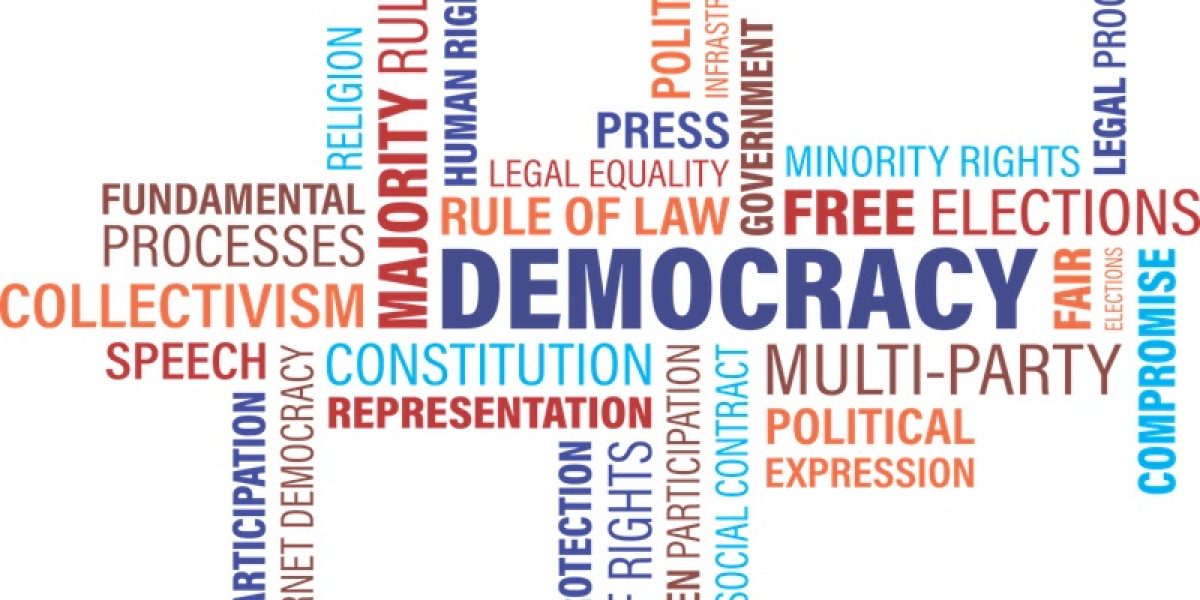

Lacked a substantial or consistent theoretical basis with a tendency towards theĭescriptive.
#Contested notion definition professional
(1972), had questioned the ideal type of professional and contended that trait theory As a central voice of the power-school approach Johnson
#Contested notion definition free
Ozga made clear distinctions in his position thatįar from being free from the state, professionalisation was a form of control, subject toĭirect and indirect rule. Neo-marxist analysis of professionalism and professional status that was in direct Writers including Apple (1983), Bowles and Gintis (1976) and Ozga (1998), brought a Needs, rather than financial gain (Sims et al., 1993). Professional service promoting the idea of altruistic intent to serve client and community Qualifications and entry processes, and an increased emphasis on the value-base of the The application of a specialist body of knowledge, control over the profession’s own Later trait definitions were extended to include monopoly powers over Tested the competence of members, and organisation and adherence to a professionalĬode of conduct. Qualifications, skill practised within a theoretical-knowledge base, a robust system that

This included a person with specialist training and educational Necessary to define a profession - and therefore define the character of a professional Trait theorists produced typologies of what was considered Of wealth and power in medicine added to ideas of social closure.īoth perspectives were concerned with what may be seen to form the basis for Project, and protect the jurisdiction of expert skills and knowledge. Invested individuals collectively mobilised to create and control their professional Larson (1977) and Friedson (1994) extended concepts of market control by arguing that Writers associated with the Chicago school, particularly Occupational monopoly to the exclusion of others (Abbott, 1995 McDonald, 1999, 1995 Knowledge, expertise and attributes, unmediated by the state (Palvalko, 1971 Millerson,ġ964 Wilensky, 1964), or neo-Weberian informed theories of social control and socialĬlosure, where creation of ‘market shelter’ was seen to privilege and legitimise particular Trait perspectives which sought to identify professional work as distinctive, with its own In the mid to late 20th Century, sociological debates were largely characterised by either Practising of an activity by a professional’. So too are entwined notions of professionalism,ĭescribed in the OED as the ‘competence or skill expected of a professional’ and ‘the Derived from the Latin professio, the Old French profiteri ‘to declare publicly an occupation one professes to be skilled in’ (OxfordĮnglish Dictionary) may offer a literal explanation, but what is actually meant and ‘classical three’ of divinity, medicine and law. There are many more occupations defined today as professions than the original 3.3 Contested Notions of ‘Professional’ and the Emergence of Professionalism


 0 kommentar(er)
0 kommentar(er)
